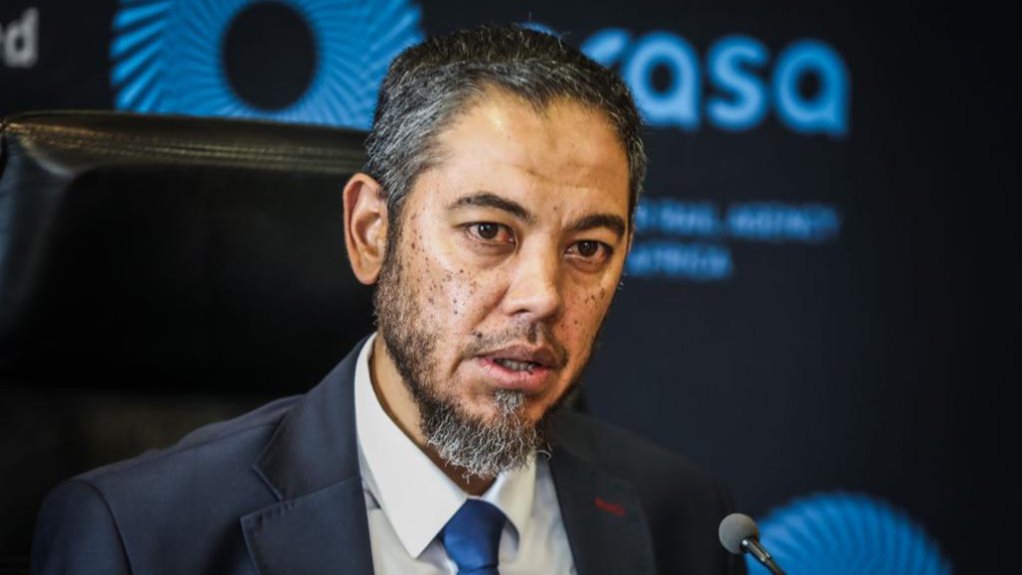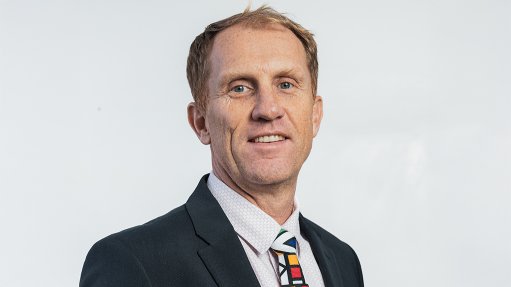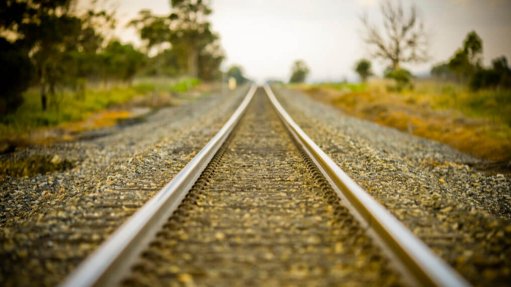Experts suggest govt expenditure correction, collaboration to realise more infrastructure development
Business Unity South Africa CEO Khulekani Mathe is not very optimistic about government realising R1-trillion of investment in infrastructure over the next three years, as set out in the National Budget presented earlier this month.
During Consulting Engineers of South Africa’s yearly Infrastructure Indaba on March 19, Mathe expressed his view that, at most, government can muster R475-billion of investment.
Instead of solely focusing on reaching these huge numbers of investment, he suggested that government should address the 240 expenditure reviews conducted since 2014 that remain unacted upon owing to reluctant public officials to eliminate wasteful expenditure.
Mathe also suggested implementing existing planned infrastructure investments more effectively, which is an endeavour that has long been elusive with government entities. He added that only about half of the planned infrastructure investments over the past few years have been executed.
Added to the challenge of unimplemented expenditure recommendations is municipalities’ misuse of conditional grants, which are not being spent on the infrastructure projects that qualified for the conditional grant in the first place.
Mathe expressed the hope to see maintained momentum in partnerships with the private sector that can help municipalities and other spheres of government make purposeful investments and follow through with implementation plans.
University of South Africa political science Professor Dirk Kotzé agreed, saying that despite infrastructure’s critical role in economic growth, public service delivery and binding the social fabric of the country, various government spheres have neglected to maintain infrastructure adequately, often as a result of wasteful expenditure of lack of skills capacity.
He also attributed the decay in local government infrastructure to the focus on new development after 1994, rather than also maintaining existing infrastructure.
Kotzé said more opportunities must be explored whereby private companies can assist local authorities in uplifting and supporting their engineering capabilities. Likewise, more engagement with the Minister of Public Works and Infrastructure is necessary to provide technical support and advice, to ensure this critical department remains effective.
“The lack of maintenance has led to governance problems in transport, electricity and water, in particular, while the decline in infrastructure has also led to changes in urban spatial development and new settlement patterns.
“The absence of big projects since the 2010 Soccer World Cup highlights the need for sustainable infrastructure development,” Kotzé added.
He is, however, hopeful that President Cyril Ramaphosa’s focus on renewal in the country will result in overhauled State-owned enterprises (SOEs) and better service delivery at local government level. This presents various opportunities for the engineering profession to collaborate with government on projects.
SOEs can play a vital role to garner investment, grow the economy and create jobs in South Africa, said Passenger Rail Agency of South Africa (PRASA) CEO Hishaam Emeran.
Having recovered 34 of its 40 corridors, it owns following severe vandalism and theft during Covid-19, Emeran sayid PRASA’s more than R50-billion of investment into new infrastructure over the medium-term, including trainsets, will create more than 350 000 jobs and inject more than R180-billion into the economy.
The organisation currently moves between 40-million and 60-million people a year, but it aims to move 600-million passengers a year by 2030.
He said the rail sector and other SOEs offer more opportunities than ever before to modernise and reform, through private sector participation. Emeran emphasises that through more modernised operations and collaboration, SOEs such as PRASA can offer more affordable, safe and efficient services.
South African National Roads Agency Limited Northern Region manager Progress Hlahla agrees, saying there is a dire need for better management and expansion of the national logistics network, particularly to reduce costs, alleviate congestion, address inequality, mitigate against climate change and create jobs.
He mentioned that private sector participation unlocks opportunities for input on practical solutions to address issues such as corruption, emission reduction and infrastructure maintenance, as well as opportunities for investment, given government and SOEs’ fiscal pressures.
Hlahla also advocated for more engagement between departments and government structures, since SOEs are often governed, influenced or enabled by more than one department.
He concluded by emphasising the need for practical solutions, collective action and bridging gaps in capacity and capital, which he believes is more necessary that additional legislation or policy.
Article Enquiry
Email Article
Save Article
Feedback
To advertise email advertising@creamermedia.co.za or click here
Press Office
Announcements
What's On
Subscribe to improve your user experience...
Option 1 (equivalent of R125 a month):
Receive a weekly copy of Creamer Media's Engineering News & Mining Weekly magazine
(print copy for those in South Africa and e-magazine for those outside of South Africa)
Receive daily email newsletters
Access to full search results
Access archive of magazine back copies
Access to Projects in Progress
Access to ONE Research Report of your choice in PDF format
Option 2 (equivalent of R375 a month):
All benefits from Option 1
PLUS
Access to Creamer Media's Research Channel Africa for ALL Research Reports, in PDF format, on various industrial and mining sectors
including Electricity; Water; Energy Transition; Hydrogen; Roads, Rail and Ports; Coal; Gold; Platinum; Battery Metals; etc.
Already a subscriber?
Forgotten your password?
Receive weekly copy of Creamer Media's Engineering News & Mining Weekly magazine (print copy for those in South Africa and e-magazine for those outside of South Africa)
➕
Recieve daily email newsletters
➕
Access to full search results
➕
Access archive of magazine back copies
➕
Access to Projects in Progress
➕
Access to ONE Research Report of your choice in PDF format
RESEARCH CHANNEL AFRICA
R4500 (equivalent of R375 a month)
SUBSCRIBEAll benefits from Option 1
➕
Access to Creamer Media's Research Channel Africa for ALL Research Reports on various industrial and mining sectors, in PDF format, including on:
Electricity
➕
Water
➕
Energy Transition
➕
Hydrogen
➕
Roads, Rail and Ports
➕
Coal
➕
Gold
➕
Platinum
➕
Battery Metals
➕
etc.
Receive all benefits from Option 1 or Option 2 delivered to numerous people at your company
➕
Multiple User names and Passwords for simultaneous log-ins
➕
Intranet integration access to all in your organisation





















